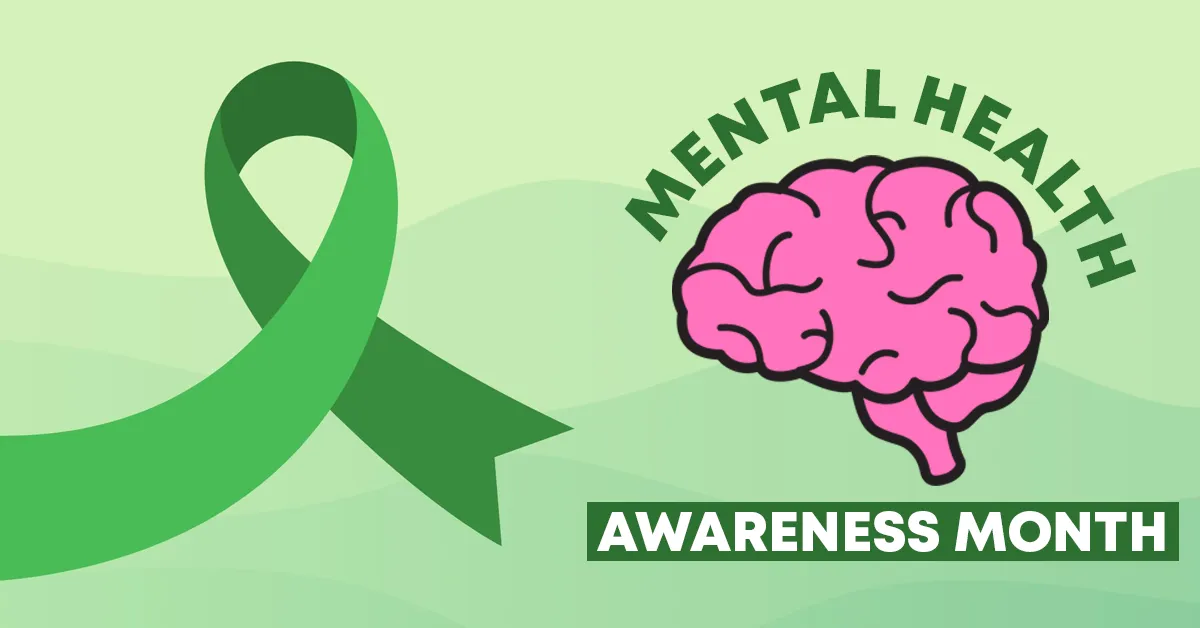Mental health issues are something many of us will deal with at some point in our lives, with the CDC stating that 1 in 5 adults will experience mental illness in their lives. This is why Mental Health Awareness Month each May is so important in shining a spotlight on the mental health issues that can arise for any of us.
What are Mental Health Disorders?
The Mayo Clinic refers to mental health disorders as “disorders that affect your mood, thinking, and behavior.” The effects of mental health disorders can be wide-reaching, affecting emotions, thoughts, and behaviors. Signs could include feeling sad or down, and having mood changes or withdrawals, among other similar issues.
Who is it Impacting?
Mental health illness affects both adults and children. While 20% of adults deal with a form of mental illness during their lifetime, more serious cases will be experienced by 4% of adults. Children can also be impacted, as information from the National Alliance of Mental Illness indicates that 1 in 6 youth (age 17 and under) experience a mental health disorder.
Some of the most common chronic mental health issues (those that last for 12 months or more) include:
- Anxiety disorders
- Depression
- Post-Traumatic Stress Disorder
- Bipolar disorder
- Obsessive Compulsive Disorder (OCD)
- Schizophrenia
- Borderline Personality Disorder
(See the data from the National Alliance of Mental Illness)
Are We Getting the Treatment We Need?
On average, in a given year 45% of adults, as well as 51% of children with mental illness, seek treatment. There is an average of 11 years between the onset of mental illness and treatment.
These are statistics that Mental Health Awareness Month seeks to improve, by helping create more open conversations about mental illness. The more open we are about these discussions, the more likely we can improve recovery going forward.
What Can You Do?
If someone in your life is struggling with a mental illness, be there for them. Millions of family members step into this role every day as data indicates that 60 million Americans provide care for family members with mental illness often for an average of 32 unpaid hours each week.
Mental Health America puts together a toolkit each year with great information for patients and families. You can access the 2023 toolkit here. The organization also has a podcast series where they discuss some of the common questions people struggling with mental health may ask themselves. Additionally, there are helpful tools in the form of a library of webinars the organization has put on.
You may also need to speak to a medical professional about any ongoing issues you have.


